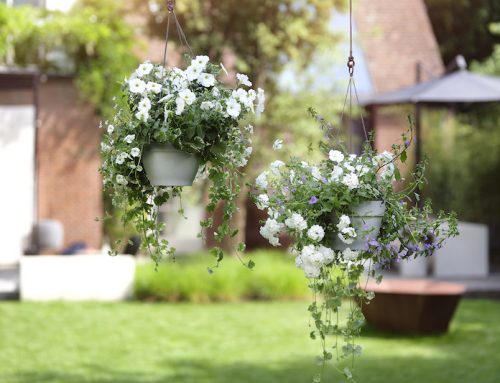Paralympian Gold Medallist Rachel Morris has coped with huge challenges, both personally and in her athletic career. A double amputee, she has won Olympic medals for hand-cycling and rowing. Just before Christmas Rachel was accepted into the GB Para-Nordic Squad. Here she writes about how she developed a strong mind which allowed her to face adversity and win.
“Discipline is the bridge between goals & accomplishments” – Jim Rohn.
I often think of this quote. When I’m asked to describe events that marked my early life I sound very conclusive but the truth is every challenge I have faced I have looked at in an open way which allowed for insights in how to build resilience in the face of adversity. Discipline is everything. You can only play the cards with which you are dealt. But the choice in how you play your hand is entirely yours.
I lived my childhood able-bodied until a minor accident left with Complex Regional Pain Disorder and a few years of degeneration in which my legs became less and less my own. I went through bilateral above knee amputations and five further procedures as my legs became serrated and septic.
I come from a medical family and that in itself raised challenges as my parents felt they had failed to save my legs despite their professional careers.
When we face challenges we fall into one of two categories in how we react. We have a fixed or a growth mind-set. Looking at negative things and just seeing them as that means you stay in the cycle and never move forward. A growth mind-set allows you to develop and take circumstances and acknowledge that however hard or sad something is you can see what can be gained and not what is lost.
I know it’s much more complicated than that but actually in many ways it’s not.
Just as I learn from the experiences of other’s I hope that people – particularly youngsters – can learn from me. Key to understanding is empathy and appreciating the wisdom of those who have fought battles and won.
There is so much talk about children developing without resilience or the understanding of how to manage social and emotional situations. Using my experiences in education and sport, I have developed a way of teaching and supporting young people and adults to help them build these qualities into their lives.
Sport helps people become healthier both physically and mentally. It can instigate a feeling of wellness which is vital to making us develop into balanced adults able to cope with the ups and downs that life throws at us.
As an athlete I have enjoyed a slightly alternative career changing sports from being a world champion sailor to multi world title holder and Paralympic champion in hand cycling in 2008 and 2012. I then chose to change sports and develop myself further as a rower and headed into Rio holding a world best time and came out of 2016 as Paralympic champion.
One of the toughest challenges then came after that for me which was to have bilateral shoulder reconstruction and in many ways again my sport life helped me cope with losing my independence and having to do rely on people for everything – the opposite to how much I fight to be independent every day.
However, I managed to end up being able to push a 10k loop in my wheelchair from the hospital and ride the pavement using only my right arm. I learnt how to cross the roads and give myself a bit of brain space in the fresh air. That was enough to get me through what was one of the toughest times in my life.
I had only one limb working – and even that had limited movement.
It really made me realise how hard it is to adapt to change in our lives but also how tough it is to cope with the descent of being at one point a Paralympic champion then overnight to being able unable to sit up unaided and how damaging that can be mentally.
Once I was out of hospital I reset my goals and started working towards them them step by step. I started to feel like I could be the person I was before but this time a stronger version because of what I’d been through.
I’ve enjoyed working with special needs children helping them to understand what resilience means and how important it is to their way of thinking. I have helped create a Healthy Hub in my community which allows youngsters to get support from each other using sport as a medium for that.
I’m really sad about not to be able to return to rowing. I don’t think there was enough support for me within the sport to return. However, I have now taking a new challenge which is transferring from summer to winter games and am now in the GB Para-Nordic team doing cross-country skiing. I want to race in Beijing 2022 as a full circle of my Sporting career – starting in finishing a Summer in Beijing and finishing in the Winter Games.
There are so many lessons that I have taken from sport and so many things that I believe we can help pass on to people who are struggling with their lives. Importantly, we can also do much to help people who may not have had a massive struggle but who don’t know what’s round the corner.
No-one lives a life without challenges. It is how we face them and learn from the experience that counts. Mental and physical health are not just equally as important as each other, they co-exist and one supports the other.
Rachel Morris MBE
Paralympic Gold Rio 2016 ~Rowing
Paralympic Bronze London 2012 ~ Hand-cycling
Paralympic Gold Beijing 2008 ~Hand-cycling
World Championship Silver 2015 ~ Rowing
World Champion 2006-2012 (Time Trial & Road Race)
World Champion 2004 Sailing




